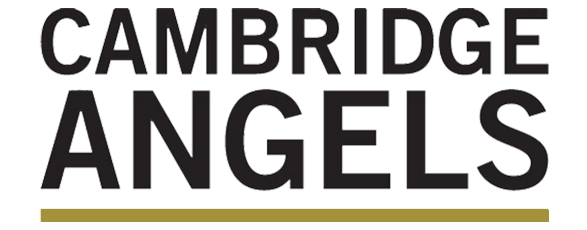n this regular series, we're speaking to various players in the private equity and venture capital spaces—including startup founders, investors and noteworthy dealmakers—to see what daily life looks like for them.
This week, we talked to Shirin Dehghan (pictured), senior operating partner at Frog Capital.
What does a typical day look like for you?
The day starts with a two hour journey to London. It usually involves lots of meetings and phone calls, either with companies who are looking for investments, advisors, LPs or businesses that are currently part of the portfolio. We see quite varied business plans and markets so that involves spending time investigating those markets and assessing if they fit the fund criteria for investment. I also tend to give two or three talks a month, which does take up quite a bit of time preparing for. I also like to blog about topics that interest me.
What led you to your current role?
Before I joined Frog Capital, I started my career as an engineer, so I did radio and software engineering in the mobile industry for 10 years. I saw an opportunity in the market to start my own business in the early 2000s, and grew that business from an idea to a multinational business. I sold the business back in 2013 for which I won the Investor AllStars Awards Female Entrepreneur of the Year. I became SVP at JDSU—a NASDAQ-listed company—running my company as a new division, but ultimately corporate life was not for me.
I left in 2015, and morphed into an angel investor and that was quite interesting, investing in other entrepreneurs rather than just my own ideas. I also started mentoring and took some board [seats], one of which I still hold—chairwoman of Opensignal. I really enjoyed giving back and working with up-and-coming entrepreneurs who were aspiring to hopefully do better than I did.
When the opportunity came along to see what it was like on the other side, i.e. become a VC, I thought, "this is a really interesting opportunity, as it completes the entire journey." By that time I had done angel investment and being part of a later stage VC focused on the scale-up phase was of particular interest to me. Obviously a different career path, which I didn't necessarily envisage, but one that I thought, "if I don't try it I'll never know".
What is the most challenging part of your role?
The VC environment is very different to running a tech company. Although you are investing in tech, you're really just facilitating and helping. I think this is more pronounced if you have been a CEO/founder of your own company, as you go from a doer and the top decision-maker to basically an influencer.
What is the most rewarding part of your role?
By far, it is helping entrepreneurs and getting involved at their request, which is rewarding because I don't have to force myself—they readily ask for it. I try to always make myself scalable, so, since joining Frog Capital, I've pushed initiatives around scale-up tool kits in terms of producing helpful tools and processes that CEOs can pick up on day one. Also, helping them with advice. I have had many instances where someone has emailed me just to come and pick my brain or ask something. Those are the moments I enjoy; it's like getting back to my roots in a way.
What is the most important part of your role?
I would say that, first and foremost, picking the right company to invest in. For any VC, that's the number one key performance indicator. The second is, once you've invested in them, helping them flourish, hopefully stop them from making mistakes and be there to support them.
What advice would you give to others in the industry?
As VCs, when we look at companies we are very critical, and we should be. But we have to realize actually our fate is in the hands of the team we back. We can have influence, but frankly it's not that much and therefore the focus on picking the right team is critical.
Also, when the team actually succeeds, yes, we can pat ourselves for picking the right company/team but the full credit has to go to the executive team and the founders that made it happen. It's important that as VCs we don't take credit for things we haven't been responsible for.
So, really focus on the team because that's what's going to make or break the company ultimately. And secondly, the team deserves the credit.
Outside of work, what are your interests?
I love reading, especially around business and entrepreneurship. I go to the gym a lot. I run and play other sports. I have two children; they're a bit older so they don't take up too much of my time, but they can keep me busy, especially in times of crisis.
How do you balance your professional and personal lives?
I'm definitely much better at it as a VC than as a CEO or founder. As a VC, when the week finishes, you go home and that's it until Monday. When you're a CEO, you're 24/7 thinking about your business and from that perspective, it's a lot less stressful being a VC.
When I was CEO, one of the things that I did was set aside one day a week where I turned off my phone and laptop and didn't touch them, just focused on my family. I wish I had done it earlier. For a number of years, I was literally working seven days a week and that was not healthy.
If you were stranded on a desert island, what would you take with you?
A picture of my family as a personal item. I should really take a novel, but I would choose "The hard thing about hard things" as a book. For a film, it would be "Sound of Music." And definitely a Queen album.


